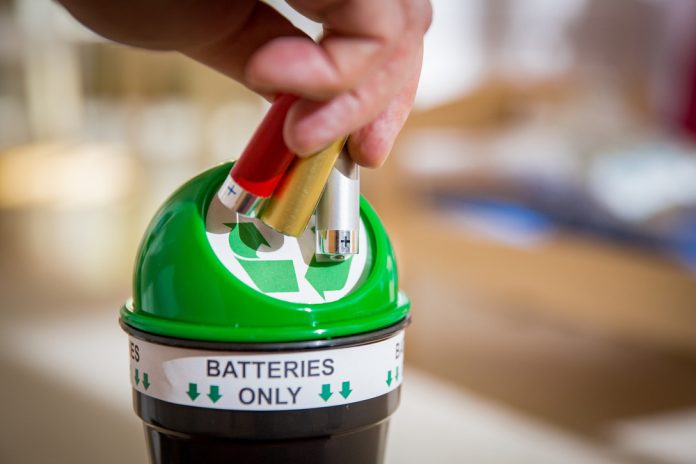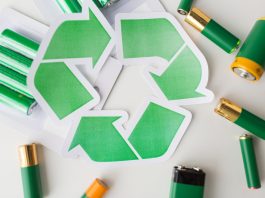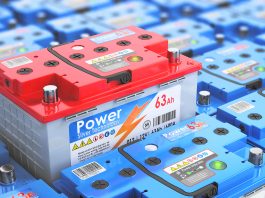The United States Department of Energy (DOE) has announced $14m funding to advance US battery recycling capabilities.
Managed by the DOE’s Manufacturing and Energy Supply Chains Office (MESC), projects selected for funding will provide more than 1,000 collection points for consumer battery recycling across the US.
This will enable consumers to efficiently recycle spent batteries and battery-containing devices for free, helping to create a sustainable battery supply chain and reduce e-waste.
US Secretary of Energy Jennifer Granholm commented: “Did you know that President Biden’s Investing in America agenda is helping consumers play a pivotal role in our national security?
“With hundreds of drop-off points across the country, we’re making it easier to recycle batteries from old cell phones and laptops — in turn allowing us to reuse the critical minerals we would normally source from China for new clean energy manufacturing.
“At DOE, we’re excited to help create a circular, sustainable domestic supply chain.”
Importance of domestic battery recycling
Recycling spent batteries offers essential materials for domestic industries to create new batteries and products.
Retailers can significantly facilitate this process by making battery recycling convenient for consumers.
Devices like rechargeable batteries, cell phones, laptops, vacuums, and smartwatches contain valuable minerals such as nickel, lithium, and graphite, which are crucial for the clean energy sector.
When these batteries are no longer functional, consumers need accessible locations to dispose of them.
Retail stores, frequently visited by customers, are ideal collection points for spent batteries, which can also drive additional business for retailers.
Developing over 1,000 drop-off points
Staples U.S. Retail and Batteries Plus will each receive over $7m to set up portable consumer battery recycling drop-off points in their stores.
They plan to create over 1,000 new locations nationwide, including many in disadvantaged communities.
This initiative supports President Biden’s Justice40 goal, aiming to direct 40% of federal climate and clean energy benefits to underinvested and pollution-burdened communities.









